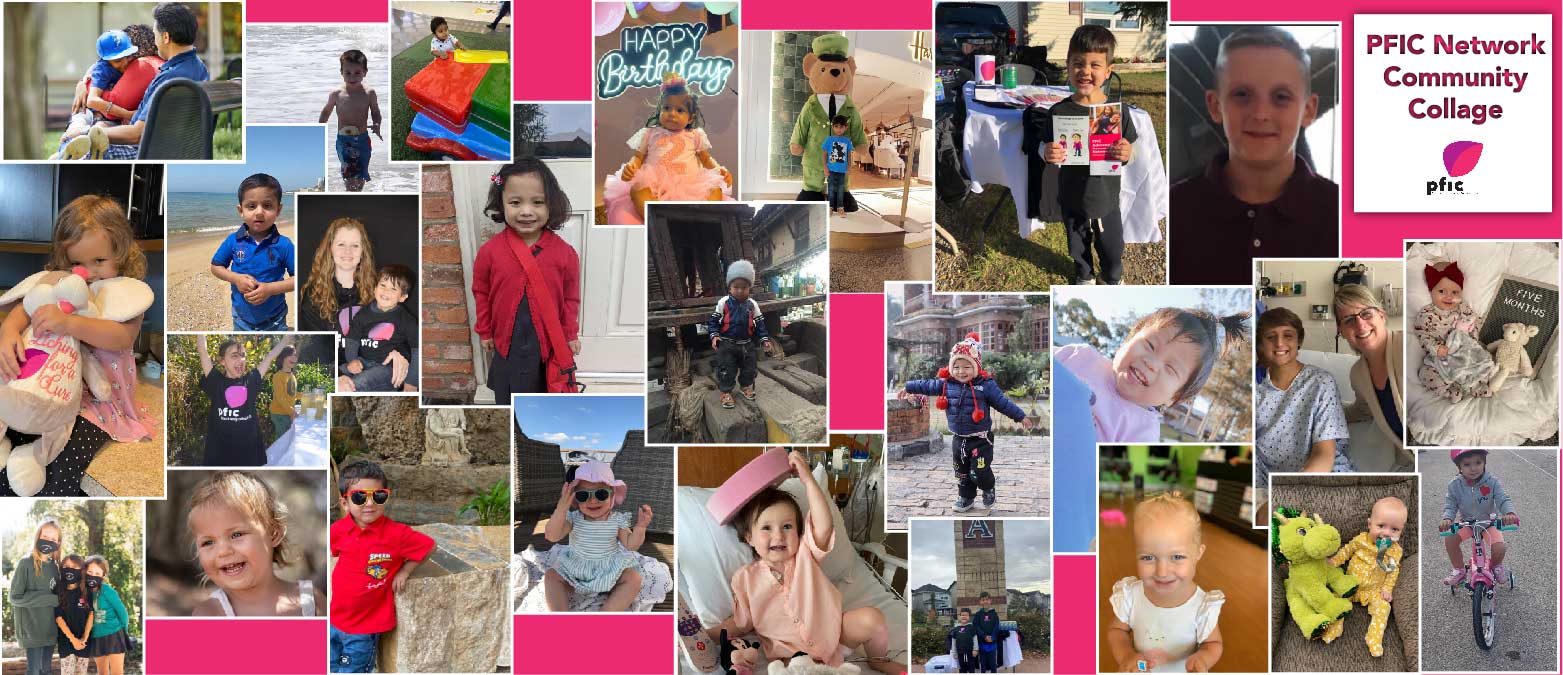Considering the Role of Stress in Pruritus
Webinar #1
Considering the Role of Stress in Pruritus
February 16, 2023
Pruritus is distressing. It has a negative impact on daily life and can lead to self-harm. There is a large unmet need in the area of managing pruritus. This webinar series offers a new approach to the way that we view pruritus. This is a 5-part webinar series that will offer tools to cope with pruritus.
Webinar number one has been designed to describe the mind-body connection. This connection tells us that the way that we think influences our physical symptoms. Conversely, our physical symptoms influence the way that we think. Understanding the way that our mind and body are connected suggests that interventions that help us shift 1) the way that we think about itch and 2) the way we respond to itch and our itch-related thoughts may shift our experience of itch. Secondly, this webinar highlights the shared neural pathway for pain and itch signals, which suggests that what we know about chronic pain might be relevant for chronic itch.
In an effort to get on the same page, let’s breakdown the terms.
· What is Pruritus? Pruritus is a biological process in the body.
· What is Itch? Itch is one symptom of pruritus; it is a sensation in your skin
· What is Scratching? Scratching is a behavioral response to itch/itchiness
Why do we experience itch? Well, it’s complicated. We don’t fully understand the biological processes involved in the sensation, but we know the itch sensation is important. An itch tells us that there might be something harmful on our skin. So, the itch sensation we experience tells our brain that we should scratch to remove whatever might be harmful on our skin. This is similar to pain signals; pain signals are sent to the brain tell the body take action to protect the body from whatever might be causing pain. Science has shown that children who experience chronic pain have overactive/oversensitive nerves that that repeatedly send pain signals to the brain, even when there is not a something in their environment causing them pain. This might be similar to what children who experience chronic itch experience.
As has been shown in chronic pain, stress is also a critical part of the chronic itch experience. When we are stressed, our bodies are often in “fight or flight” mode, which makes the itch sensation more frequent and intense. In order to better understand how to cope with itch, we need to consider the mind-body connection and consider the role that stress plays in chronic itch.
To do this, let’s consider 3 factors that influence the experience of itch.
1. Biological, including individual factors that influence our experience of the itch sensation, exposure to allergens (causes inflammation), and stress (activation of the ‘fight or flight’ response or the autonomic nervous system, activation of the HPA axis
in the brain, both of which lead to increased inflammation and increased itch signals)
2. Psychological, including itch-related thoughts (particularly thoughts that emphasize the negative parts of itch or acceptance-based thoughts), affect (emotions), awareness to the present moment, and stress
3. Behavioral, including scratching (see below for information about the itch-scratch cycle), increased attention to itch, and avoidance-based activities
A critical factor that influences the itch sensation is scratching. When we experience itch, we automatically and often without awareness scratch that area. And when we scratch, we cause skin barrier damage, which then exacerbates the itch sensation and drives the cycle to continue.
Over the next 4 webinars, we will learn how we can intervene at the biological, psychological and behavioral levels to reduce the intensity of itch and scratching as a result of pruritus. By identifying the role that stress plays in itch, we can begin by exploring strategies that reduce stress for children and parents alike to manage itch and the burden of pruritus.
Next week, we will talk about tips for managing stress.
